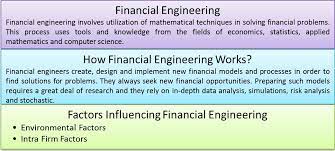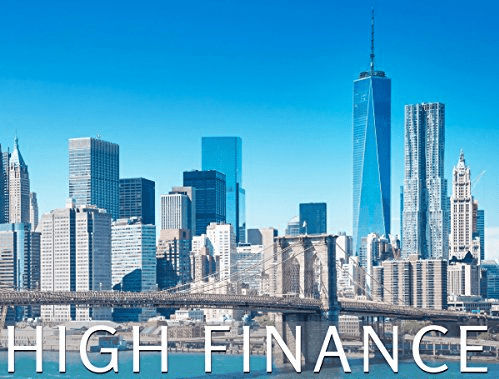High Financiers invests the money in real estate and fix income securities and spends only part of the interest generated as its operative budget.
When High Financiers generates profit, they add it to the initial capital raised and thus, increase their next year budget. Management and staff bonuses are directly indexed on this budget, thus increased.
When High Financiers generate a loss, they pay to their shareholders the same amount of the loss as dividends, deducting it from the initial capital raised and thus, decrease their next year budget.
Management and staff bonuses are directly indexed on this budget, thus decreased.
The resulting long term stability arising from this system is amazing because Management can no longer ignore, neglect or procrastinate shareholder value.
All parties’ interests between Management, Staff, Investors, Shareholders and Creditors are aligned.
Its annual budget including tax could not exceed his assets in cash multiplied by the annual interest rate as a percentage guaranteed by its banks collectively.
By this formula we would create a corporation that its inventor, Marc Deschenaux called perpetual corporation, because apart from the imponderables such as liabilities, act of gods or tax increases, it could theoretically last for centuries or even indefinitely.
As long as the inequality that says the operating budget must always be less than the risk-free income produced by the initial capital investment would be verified, there would be no risk other than the risks attached to the investment of capital.
If we imagine an investment in Treasury bonds, that risk would be low to negligible. It would be limited to default in case of World War. Moreover, that risk is insurable.
Do You realize these competitive advantages of High Financiers as a Perpetual Corporation ?
- The management could always think long-term.
- It would have endless bargaining power within its means.
- Thus it would never have to accept a compromised deal.
- Its growth on the stock exchange would be steady.
- Nobody would have to worry about the corporate existence.
- The investors are directly protected against the risk of mismanagement.










